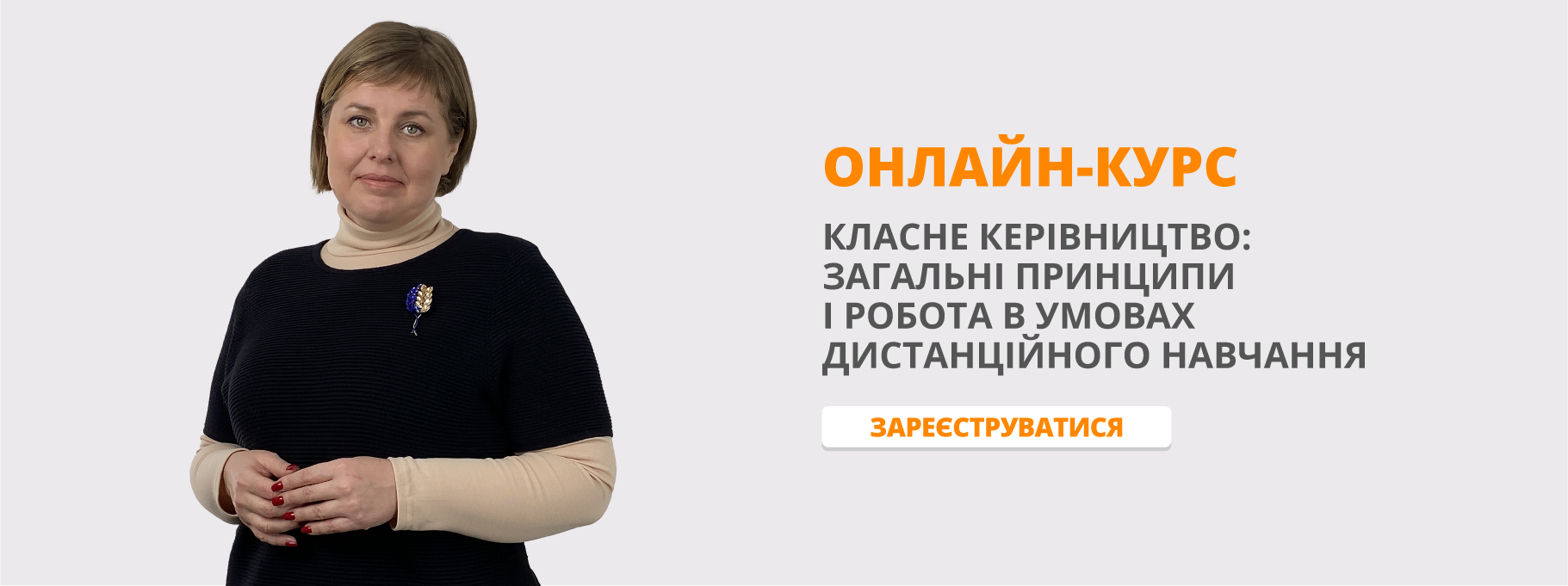10 клас "Why go to school?"
I. Match the words with their definitions:
to get the theory of the subject
Match the words with their definitions:
must be done because it is the law
Match the words with their definitions:
to get some practical skills
Match the words with their definitions:
the subjects included in a course of study or taught at a particular school, college
Match the words with their definitions:
is a school where pupils live, eat and sleep
Match the words with their definitions:
is a person who has finished university and has a degree
II. Choose "study" or "learn".
Kate should ……..this poem by heart!
Choose "study" or "learn".
Marry……. to drive a car.
Choose "study" or "learn".
They ……. medicine at college because they want to be good doctors.
Choose "study" or "learn".
Mike……..German 10 ears ago.
Choose "study" or "learn".
In USA less than 30 % of boys choose to ............ science at school.
III. Complete the sentences with the words given below.
In Britain parents can send their children to a 1) _______ school between the ages of about three or five, but it is optional. The children spend a few hours at nursery school each day. Between five and eleven, children go to 2)_______. When they are 11 years old, children go to 3)_______ school and take their GCSE exams at the age of 16. They can 4)_______ when they are 16, but if they want to stay in education, they study for a further two years. Many people in Britain are against private schools and they stand for 5) _______ opportunities for secondary school children.
III. Complete the sentences with the words given below.
In Britain parents can send their children to a 1) _______ school between the ages of about three or five, but it is optional. The children spend a few hours at nursery school each day. Between five and eleven, children go to 2)_______. When they are 11 years old, children go to 3)_______ school and take their GCSE exams at the age of 16. They can 4)_______ when they are 16, but if they want to stay in education, they study for a further two years. Many people in Britain are against private schools and they stand for 5) _______ opportunities for secondary school children.
III. Complete the sentences with the words given below.
In Britain parents can send their children to a 1) _______ school between the ages of about three or five, but it is optional. The children spend a few hours at nursery school each day. Between five and eleven, children go to 2)_______. When they are 11 years old, children go to 3)_______ school and take their GCSE exams at the age of 16. They can 4)_______ when they are 16, but if they want to stay in education, they study for a further two years. Many people in Britain are against private schools and they stand for 5) _______ opportunities for secondary school children.
III. Complete the sentences with the words given below.
In Britain parents can send their children to a 1) _______ school between the ages of about three or five, but it is optional. The children spend a few hours at nursery school each day. Between five and eleven, children go to 2)_______. When they are 11 years old, children go to 3)_______ school and take their GCSE exams at the age of 16. They can 4)_______ when they are 16, but if they want to stay in education, they study for a further two years. Many people in Britain are against private schools and they stand for 5) _______ opportunities for secondary school children.
III. Complete the sentences with the words given below.
In Britain parents can send their children to a 1) _______ school between the ages of about three or five, but it is optional. The children spend a few hours at nursery school each day. Between five and eleven, children go to 2)_______. When they are 11 years old, children go to 3)_______ school and take their GCSE exams at the age of 16. They can 4)_______ when they are 16, but if they want to stay in education, they study for a further two years. Many people in Britain are against private schools and they stand for 5) _______ opportunities for secondary school children.

Створюйте онлайн-тести
для контролю знань і залучення учнів
до активної роботи у класі та вдома


















